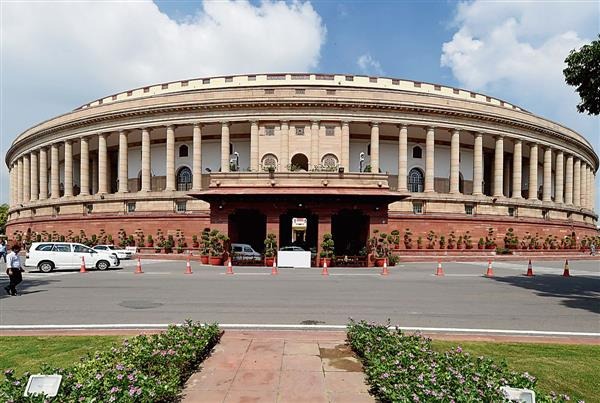New Zealand has officially announced climate emergency on Wednesday, and assured its public sector is inching towards becoming carbon neutral by 2025. The critics have indicated it as a symbolic move, but lashed out saying actions are needed to cut down the carbon emissions.
The climate emergency was declared based on the Intergovernmental Panel on Climate Change’s data findings which indicate that for not increasing over 1.5 degree Celsius temperature for global warning, the emissions need to be dropped by 45 per cent from the 2010 levelys till 2023 and be nil by 2050.
While addressing the lawmakers in the Parliament, Arden said, “This declaration is an acknowledgement of the next generation. An acknowledgement of the burden that they will carry if we do not get this right and do not take action now.”
Most of the parliamentarians voted to support the declaration, and was termed nothing but ‘virtue signalling’ and not favoured by the main Opposition National Party. Alongside, Jacinda Arden defines climate change as the “nuclear free moment of our generation”.
With the move, New Zealand joins the clan of 32 countries who have announced climate emergency which comprises of top countries Japan, Canada, France and Britain.
In her first tenure, Arden had passed a Zero Carbon Bill, which creates the stature for net zero emissions by 2050 which gives an exemption to farming and also blocked new offshore oil and gas exploration. New Zealand’s almost half greenhouse gas emissions are invoked by farming and usage of methane.
The government has assured that the public sector will attain carbon neutrality by 2025. The government agencies are directed to measure and record any emissions and offset, which they cannot cut by 2025.
The declaration was acknowledged by Greenpeace, however, triggered the government to implement the same.
Kate Simcock, agriculture and climate campaigner of Greenpeace said, “For Jacinda Ardern’s climate emergency declaration to be more than just words, that means tackling New Zealand’s largest source of climate pollution: agriculture.”


